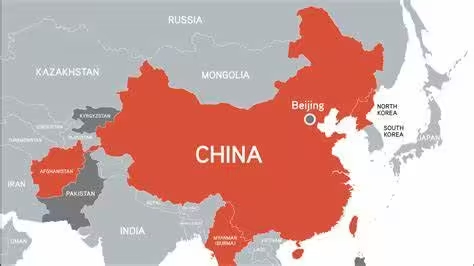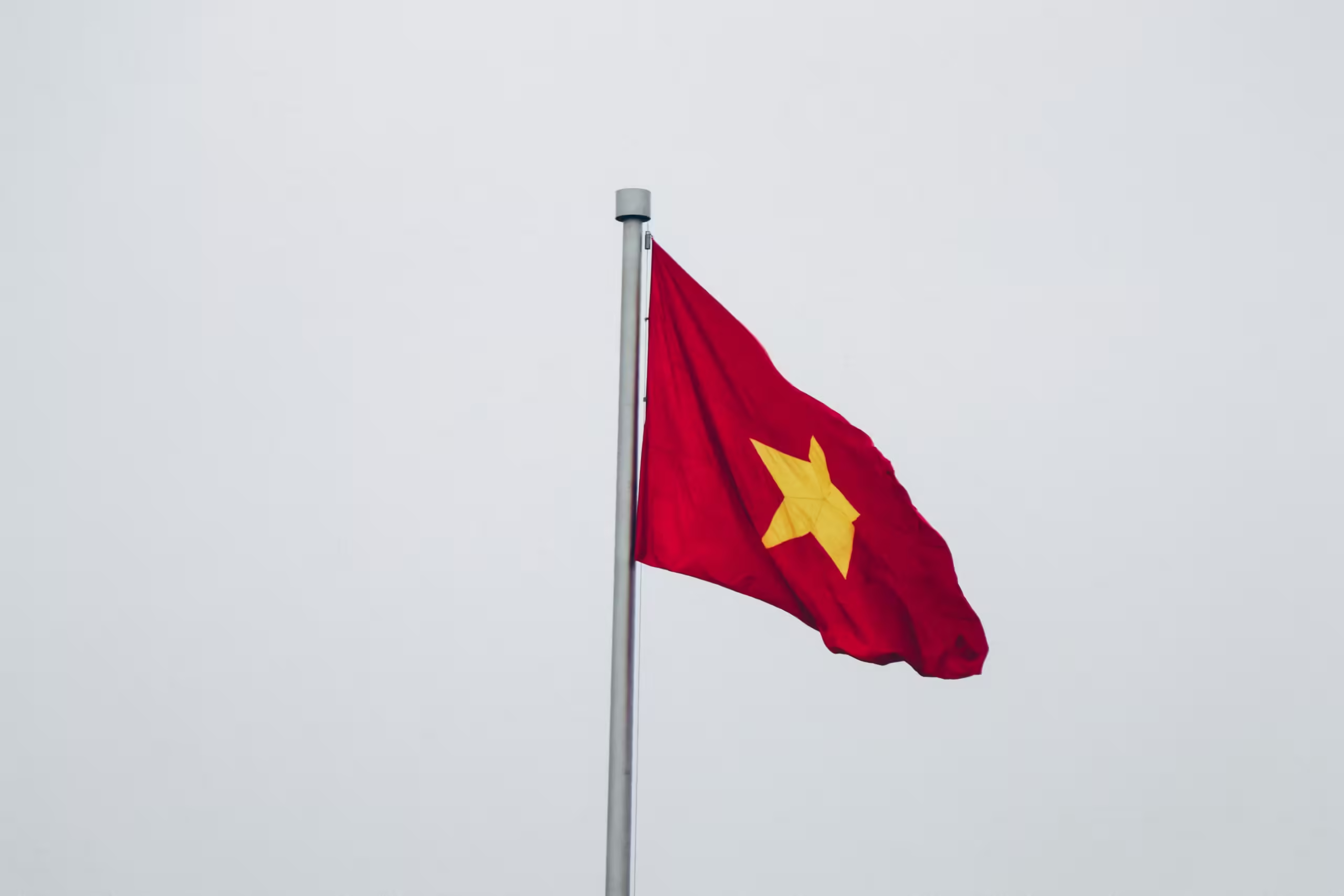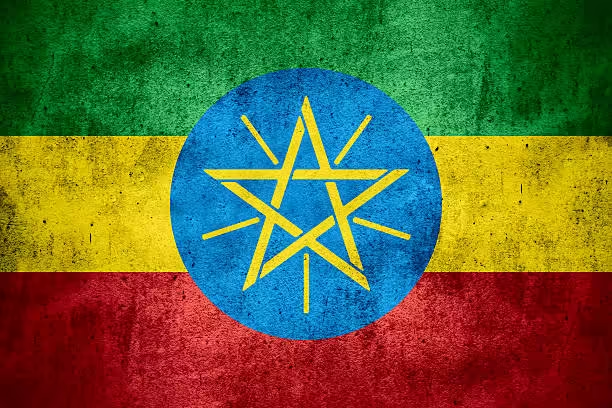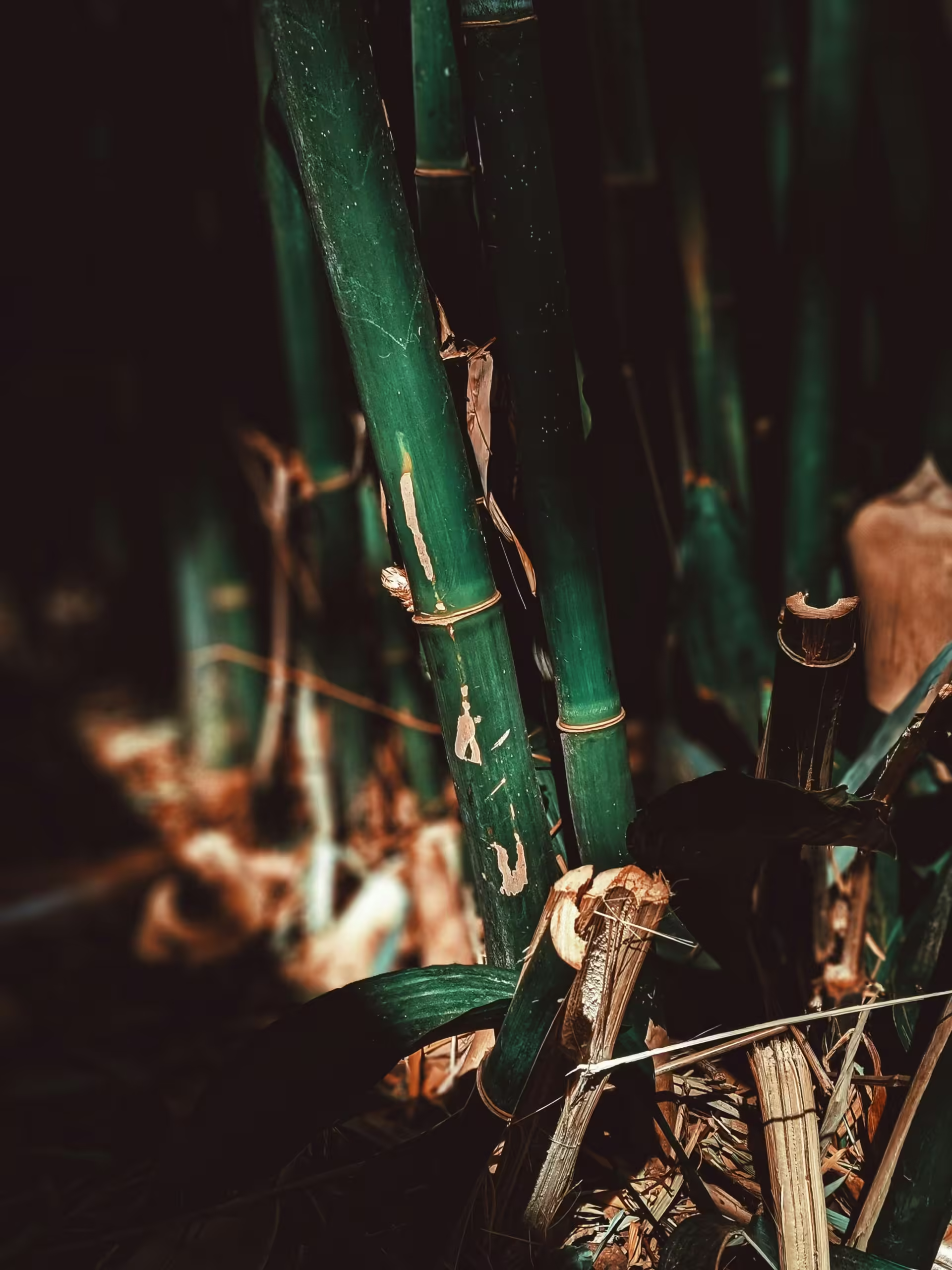Bamboo, often referred to as the “green gold,” is a versatile plant that has been integral to various cultures and industries across the globe. Its rapid growth and sustainability make it a valuable resource in today’s eco-conscious world.
Exploring the Top Bamboo Producers Around the World
1. India

Rank: India proudly stands as the world’s second-largest producer of bamboo, showcasing its agricultural prowess and commitment to sustainable practices.
Production: With an impressive annual production exceeding 5 million tones, India’s bamboo industry is a testament to its rich biodiversity and cultivation expertise.
Cultivating Area: Spanning over 13.96 million hectares, India has the largest area under bamboo cultivation globally, which is a significant portion of the country’s forest area.
Exporting: In the international market, India secures the third rank in bamboo exports, with a diverse portfolio reaching countries like Bhutan, Canada, and the Maldives.
Market Share: Holding approximately 23% of the global bamboo resources, India’s market share reflects its substantial influence in the bamboo sector.
Role in Economy: The bamboo industry is not just a sector; it’s a movement supporting 8.6 million livelihoods and generating an estimated value of USD 4.4 billion. With a projected CAGR of 5.82% through 2029, it underscores the industry’s dynamic growth and its pivotal role in India’s economic landscape.
India’s bamboo sector is a cornerstone of the country’s green economy, driving sustainable development and offering a renewable alternative to traditional wood products. As global demand for eco-friendly materials continues to rise, India’s bamboo industry is poised for even greater success, both domestically and internationally.
2. China’s Bamboo Industry

Rank: China is the world’s leading bamboo-producing country, renowned for its extensive bamboo resources and production capabilities.
Cultivating Area: The country’s bamboo forests cover an area of approximately 6.73 million hectares, representing a significant portion of the global bamboo forests.
Exporting: Dominating the global market, China accounts for 65% of the world exports of bamboo and rattan products, with a substantial export value.
Market Share: In the Asia Pacific region, China’s influence is profound, contributing to almost 71% of the world’s export of bamboo products.
Role in Economy: The bamboo sector is a cornerstone of China’s economy, valued at USD 27 billion and projected to grow to USD 48 billion, providing employment for 10 million people.
China’s bamboo industry is not only an economic powerhouse but also a symbol of cultural heritage and sustainable development. It offers opportunities for rural communities and plays a crucial role in the green economy. As the demand for sustainable and eco-friendly products continues to surge, China’s bamboo industry is expected to expand even further, both domestically and on the international stage.
3. Indonesia

Rank: Indonesia is recognized as the fourth-largest bamboo producer in the world, showcasing its rich biodiversity and commitment to sustainable forestry.
Cultivating Area: The country is home to a wide variety of bamboo species, with a cultivation area that spans almost 2 million hectares.
Exporting: While specific figures for market share are not readily available, Indonesia’s bamboo market size was estimated at USD 1.7 billion in 2020 and is expected to grow at a CAGR of 6.2% from 2021 to 2028.
Role in Economy: Bamboo is deeply integrated into Indonesian culture and economy, utilized in construction, household items, musical instruments, and crafts. It also plays a crucial role in land restoration, water storage, carbon absorption, and serves as a renewable energy source. The bamboo industry is a significant economic driver, with the potential to further enhance the welfare of the Indonesian people.
Indonesia’s bamboo sector is a testament to the country’s rich natural resources and its potential for sustainable economic development. As global demand for eco-friendly materials increases, Indonesia’s bamboo industry is poised for further growth, offering significant opportunities for both domestic use and international trade.
4. Myanmar

Rank: Myanmar is recognized as the third-largest bamboo resource country in the world, with a rich diversity of over 100 species of bamboo.
Cultivating Area: The country has a significant bamboo cultivation area, estimated to be at least 950,000 hectares, spread across regions like Bago Yoma, Rakhine Yoma, and Tanintharyi.
Exporting: While Myanmar’s bamboo export figures are not as high as the leading countries, it continues to export a range of bamboo products, with the export amount of finished bamboo products being only 1.34% of the total list of various types of export bamboo products.
Market Share: Myanmar’s share in the global bamboo market is not explicitly stated, but the country’s bamboo sector is on a path of growth, with exports contributing to the national income.
Role in Economy: Bamboo plays a crucial role in Myanmar’s economy, providing foodstuff, building materials, furniture, and handicraft products. It also contributes to soil and water conservation and is a source of livelihood for many local communities. The industry has the potential to create opportunities to promote the socio-economic status of bamboo farmers and entrepreneurs.
Myanmar’s bamboo industry is an integral part of the country’s natural resource sector, offering sustainable economic opportunities while contributing to environmental conservation. As the industry develops, it holds the promise of increasing its role in the global bamboo market and enhancing the socio-economic well-being of its people.
5. Vietnam

Rank: Vietnam is renowned for having one of the world’s most productive bamboo forests, making it a global leader in bamboo timber production, accounting for over 80% of the world’s total output.
Cultivating Area: The country boasts approximately 1.4 million hectares of naturally growing bamboo forests, contributing significantly to its national economy and providing jobs for millions.
Exporting: Vietnam is currently the fourth largest exporter of bamboo and rattan after China, the EU, and Indonesia. Its bamboo products are present in over 130 countries, generating substantial revenue and accounting for a significant portion of the handicraft exports.
Market Share: Vietnamese handicrafts from rattan and bamboo have the potential to account for up to 10–15% of the global market share.
Role in Economy: The bamboo industry is an essential part of Vietnam’s economy, culture, and heritage. It provides livelihoods for hundreds of thousands of people and contributes significantly to the country’s GDP.
Vietnam’s bamboo sector is a testament to the country’s commitment to sustainable development and environmental stewardship. With a rich history and a bright future, the industry is poised for continued growth, offering eco-friendly solutions to global markets.
6. Brazil

Rank: Brazil is the second-largest producer of bamboo in the world, with vast areas dedicated to bamboo cultivation.
Cultivating Area: The country has a significant bamboo cultivation area, reaching 9.3 million hectares, primarily found in Pernambuco, Paraíba, Piauí, and Maranhão.
Exporting: Despite its large production, Brazil has faced a bamboo trade deficit, importing more than it exports. Between 2006 and 2022, Brazil had a bamboo trade deficit of 154.9 million dollars, highlighting the potential for growth in the export market.
Market Share: While specific figures on market share are not readily available, Brazil’s bamboo market size was estimated at USD 1.7 billion in 2020 and is expected to grow at a CAGR of 6.2% from 2021 to 2028.
Role in Economy: Bamboo plays a crucial role in Brazil’s economy, especially in the context of environmental conservation and sustainable development. The Brazilian Center for Innovation and Sustainability is working with the government to develop public policies to enhance the economic potential of bamboo forestry, which can contribute significantly to the reforestation of the Amazon Basin.
Brazil’s bamboo industry represents a significant opportunity for economic growth and environmental sustainability. With its vast cultivation areas and growing market size, Brazil is poised to become a major player in the global bamboo market. The country’s efforts to improve its trade balance and increase exports can transform the bamboo sector into a key economic driver.
7. Nigeria’s Bamboo Industry: A Sustainable Economic Resource

Rank: Nigeria stands as the sixth-largest bamboo producer in the world, with a significant presence in the global bamboo landscape.
Cultivating Area: The country boasts a bamboo cultivation area of approximately 1.5 million hectares, distributed across various states including Adamawa, Gombe, Bauchi, and others.
Exporting: In 2014, Nigerian exports of bamboo and rattan products exceeded USD 11 million, with bamboo charcoal being the main exported product category.
Market Share: While specific figures on market share are not readily available, Nigeria’s exports of bamboo and rattan products highlight its potential in the international market.
Role in Economy: The development of the bamboo value chain in Nigeria can create thousands of jobs, improve livelihoods, diversify the economy, conserve foreign exchange, reduce import-dependence, and promote environmental sustainability.
Nigeria’s bamboo industry, with its vast cultivating areas and significant export value, plays a crucial role in the country’s sustainable development and economic diversification. As the industry continues to grow, it offers a myriad of opportunities for job creation, environmental conservation, and economic advancement.
8. Ethiopia

Rank: Ethiopia is home to the largest bamboo resources in Africa, representing a significant proportion of the continent’s total bamboo resources.
Cultivating Area: The country has around 1 million hectares of natural bamboo forest, the most extensive in Africa.
Exporting: Despite having about 7% of the world’s total bamboo resources, exports of bamboo from Ethiopia only make about 0.02 percent of global exports.
Market Share: Ethiopia’s bamboo sector is underutilized and often limited to traditional processing and use. It is a minor participant in the global bamboo trade, accounting for 0.4% import and 0.2% export of the global market.
Role in Economy: Bamboo in Ethiopia contributes to livelihood improvement for approximately 750,000 people and has the potential for landscape restoration and carbon sequestration. The industry could significantly contribute to Ethiopia’s ambition of becoming a middle-income country in the next ten years.
Ethiopia’s bamboo industry holds immense potential for socio-economic and ecological development. With strategic management and development, it can provide sustainable livelihoods, contribute to environmental conservation, and become a significant player in the global bamboo market.


[…] 5. Activision Blizzard […]
[…] 4. Indonesia […]